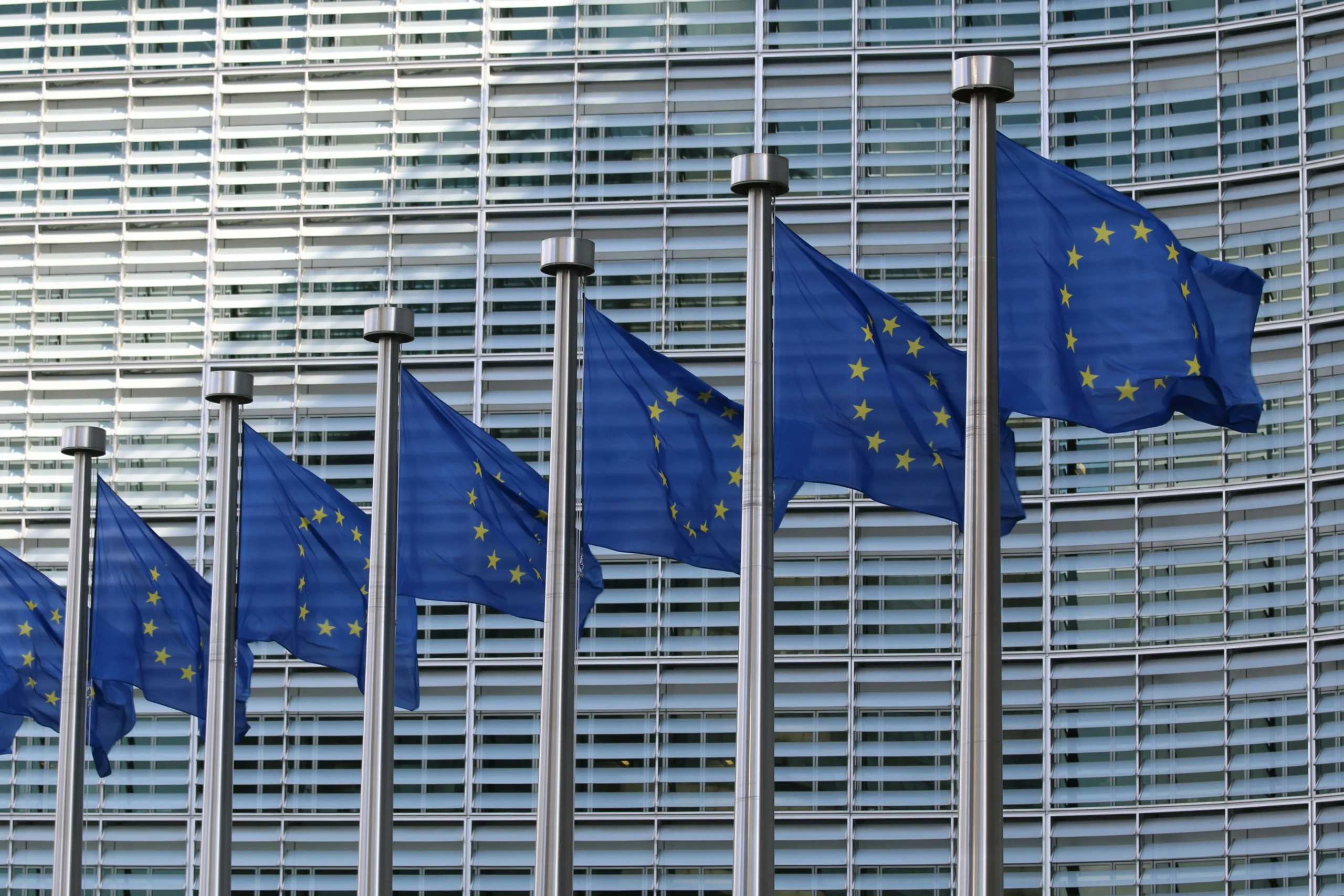The landscape of cannabis regulation within the European Union (EU) is a patchwork of varying laws and regulations that can be particularly challenging for global employers to navigate. With a workforce that spans multiple countries, each with its own stance on cannabis, ensuring compliance while respecting employees’ legal rights requires a nuanced understanding of the legal environment.
The EU’s cannabis legal framework
In the EU, cannabis laws differ significantly from one country to another, creating a complex legal tapestry. The legality of cannabis can be categorized broadly into three areas: medical use, decriminalization, and recreational use.
Medical use
Several EU countries have legalized the use of cannabis for medical purposes. Countries like Germany, Italy, and the Netherlands have robust medical cannabis programs that allow patients with certain medical conditions to access cannabis through prescriptions. This legal framework necessitates that employers recognize and accommodate the legal use of medical cannabis for employees who may rely on it for their health and well-being.
Decriminalization
Decriminalization of cannabis typically refers to reducing the penalties associated with possession and use to civil fines rather than criminal charges. Spain and Portugal, for instance, have decriminalized personal possession of small amounts of cannabis. This means that while cannabis is not legal, individuals caught with small amounts for personal use do not face criminal penalties.
Recreational use
Only a few EU countries have taken steps towards legalizing recreational cannabis use. The Netherlands is renowned for its tolerant approach, where cannabis can be purchased and consumed in licensed coffee shops. Luxembourg is on track to legalize recreational use, reflecting a growing trend towards acceptance. However, the majority of EU countries maintain strict prohibitions against recreational cannabis.
Challenges for global employers
The divergent cannabis laws across EU countries present several challenges for global employers:
- Compliance and policy development: Employers must develop comprehensive workplace policies that comply with the varying legal standards across different jurisdictions. This includes clear guidelines on drug testing, workplace safety, and the use of medical cannabis. Policies must be flexible enough to adapt to the legal context of each country where the company operates.
- Employee rights and protections: Protecting employees’ rights, particularly those who use cannabis legally for medical reasons, is critical. Employers must navigate the delicate balance between maintaining a safe and productive workplace and respecting the legal rights of employees. In countries where medical cannabis is legal, employers may need to provide reasonable accommodations for employees who are prescribed cannabis.
- Cross-border workforce management: For companies with a mobile workforce, such as employees traveling between countries or working remotely from different jurisdictions, the challenge is even greater. Employers need to be aware of the legal implications of cannabis use in both the employee’s home country and the country they are traveling to or working in.
- Cultural perceptions and stigma: Beyond legal compliance, employers must also contend with varying cultural perceptions and stigma associated with cannabis use. In some countries, cannabis use is widely accepted, while in others, it is heavily stigmatized. Employers must navigate these cultural nuances to foster an inclusive and supportive workplace environment.
- Impairment measurement challenges: Unlike alcohol, which can be quantitatively measured by Blood Alcohol Concentration (BAC) to determine impairment and enforce a zero-tolerance policy, no such established measure exists for cannabis impairment. The effects of cannabis vary significantly between individuals, making it difficult to standardize impairment levels. Additionally, while breathalyzers provide immediate information on alcohol intoxication, most cannabis drug tests only indicate past usage rather than current impairment, complicating zero-tolerance policy enforcement.
Practical steps for employers
To effectively manage the complexities of cannabis laws in the EU, global employers can take several practical steps:
- Legal consultation: Engage with legal experts in each country where the company operates to ensure that workplace policies are compliant with local laws and regulations.
- Tailored workplace policies: Develop tailored workplace policies that reflect the legal realities of each jurisdiction while maintaining consistency in core principles such as safety and productivity. These policies should address the unique challenge of measuring cannabis impairment and outline procedures for managing suspected impairment.
- Employee education and training: Educate employees on the company’s policies regarding cannabis use and provide training for managers to handle situations involving legal cannabis use with sensitivity and fairness. Training should also cover the limitations of current drug testing methods and the company’s approach to assessing impairment.
- Support systems: Implement support systems for employees who use medical cannabis, ensuring they have access to the resources and accommodations they need to perform their job effectively.
- Impairment screening: Utilize advanced impairment screening tools, such as those offered by Sightic, which enable real-time substance impairment assessments. These tools provide a valuable solution where traditional drug tests fall short, helping employers ensure workplace safety and compliance.
Conclusion
Navigating the intricate web of cannabis laws across the EU is undoubtedly challenging for global employers. However, with thoughtful policy development, legal consultation, and a commitment to employee rights and safety, employers can successfully manage this complexity. The lack of a clear quantitative measurement for cannabis impairment and the lag in drug testing methods further complicate this landscape, making it essential for employers to stay informed and adaptable. By doing so, they can maintain a compliant and supportive workplace, respecting both the legal framework and the well-being of their employees.
